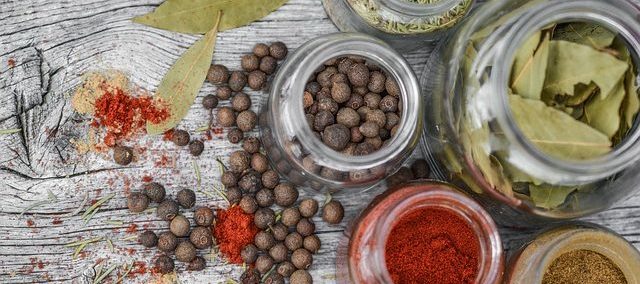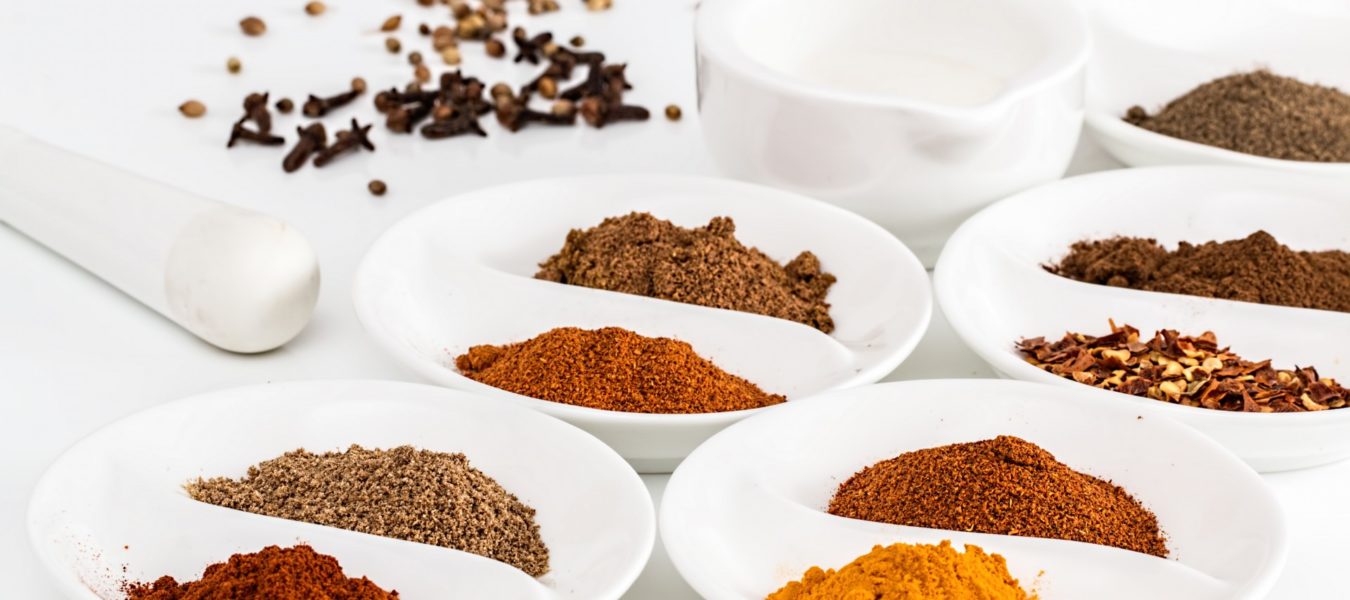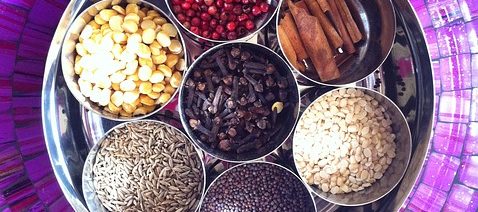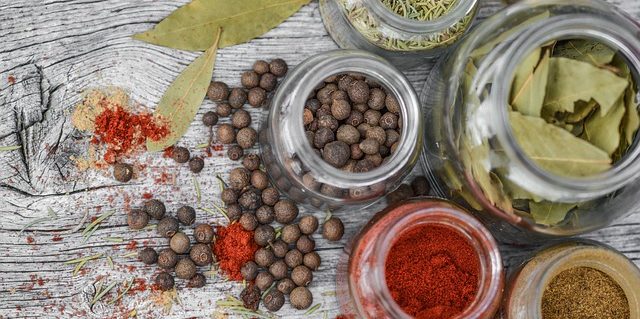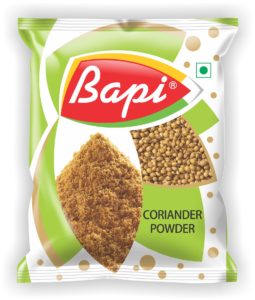
Coriander, like many spices, contains antioxidants, which can delay or prevent the spoilage of food seasoned with this spice. A study found both the leaves and seed to contain antioxidants, but the leaves were found to have a stronger effect.Chemicals derived from coriander leaves were found to have antibacterial activity against Salmonella choleraesuis, and this activity was found to be caused in part by these chemicals acting as non-ionic surfactants. Coriander has been used as a folk medicine for the relief of anxiety and insomnia. Coriander seeds are used in traditional Indian medicine as a diuretic by boiling equal amounts of coriander seeds and cumin seeds, then cooling and consuming the resulting liquid. In holistic and traditional medicine, it is used as a carminative and as a digestive aid. Coriander has been documented as a traditional treatment for Type 2 diabetes. A study on mice found coriander extract had both insulin-releasing and insulin-like activity. Coriander seeds were found in a study on rats to have a significant hypolipidaemic effect, resulting in lowering of levels of total cholesterol and triglycerides, and increasing levels of high-density lipoprotein. This effect appeared to be caused by increasing synthesis of bile by the liver and increasing the breakdown of cholesterol into other compounds.
Coriander leaf was found to prevent deposition of lead in mice, due to a presumptive chelation of lead by substances in the plant.
Packaging: Coriander Powder is available in variants of 25gms and 50gms at a store near you
Product Information Details
| SL No. | Test Item | Observation |
|---|---|---|
| 1 | Protein (gm / 100 gm) | 16.2 |
| 2 | Fat (gm / 100gm) | 19.7 |
| 3 | Carbohydrate (gm / 100 gm) | 50.32 |
| 4 | Total Sugar (gm / 100 gm) | N.D. |
| 5 | Calorific Value (on basis) (Kcal / 100 gm) | 514.0 |

